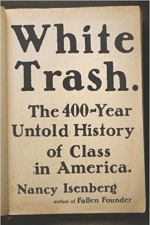
White Trash: The 400-Year Untold History of Class in America
Book
In her groundbreaking bestselling history of the class system in America, Nancy Isenberg upends...
History politics social issues
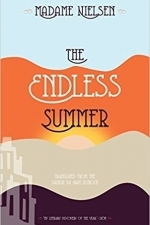
The Endless Summer
Madame Nielsen and Gaye Kynoch
Book
"The Endless Summer by Madame Nielsen is my literary discovery of the year." ―Sjón "Once in a...
Fiction romance
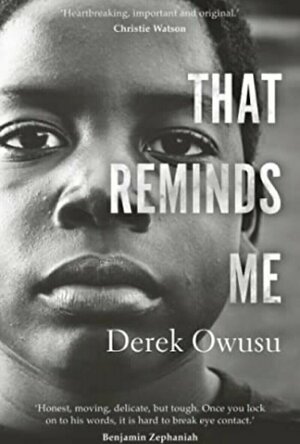
That Reminds Me
Book
WINNER OF THE DESMOND ELLIOTT PRIZE 2020 ___________________________________ 'A dreamy,...
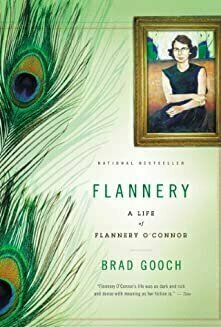
Flannery
Book
The landscape of American literature was fundamentally changed when Flannery O'Connor stepped onto...
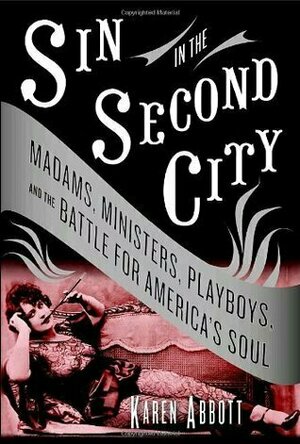
Sin in the Second City: Madams, Ministers, Playboys, and the Battle for America's Soul
Book
Step into the perfumed parlors of the Everleigh Club, the most famous brothel in American...
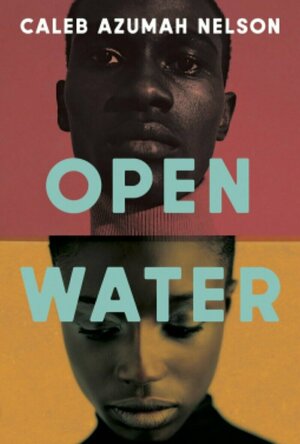
Open Water
Book
'A tender and touching love story, beautifully told' Observer 10 Best Debut Novelists of 2021 'A...
Literary fiction Race Cultural Novella British Literature
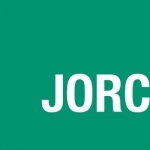
Journal of Renal Care
Education and Magazines & Newspapers
App
Download the Journal of Renal Care(JORC) app to access the latest research on all aspects of chronic...
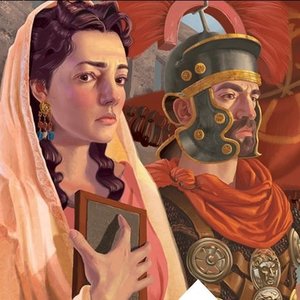
Pandemic: Fall of Rome
Tabletop Game
At the height of its power, the Roman Empire held more than two million square miles of territory...
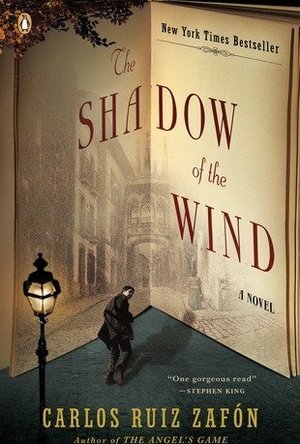
Shadows of the Wind
Book
The international literary sensation, about a boy's quest through the secrets and shadows of postwar...
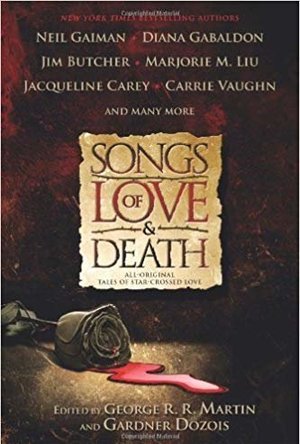
Songs of Love and Death: All-Original Tales of Star-Crossed Love
Book
N this star-studded cross-genre anthology, seventeen of the greatest modern authors of fantasy,...